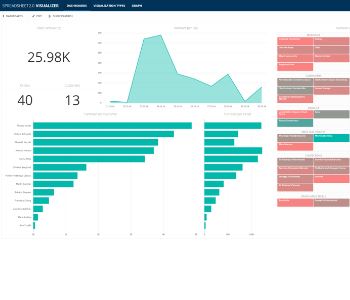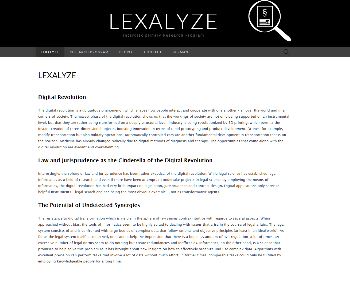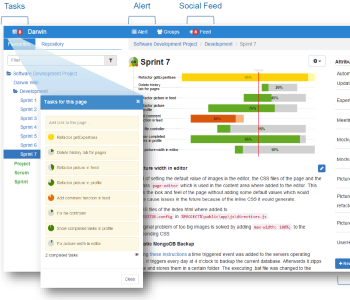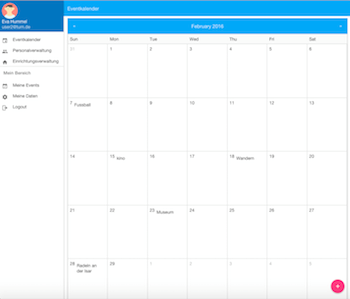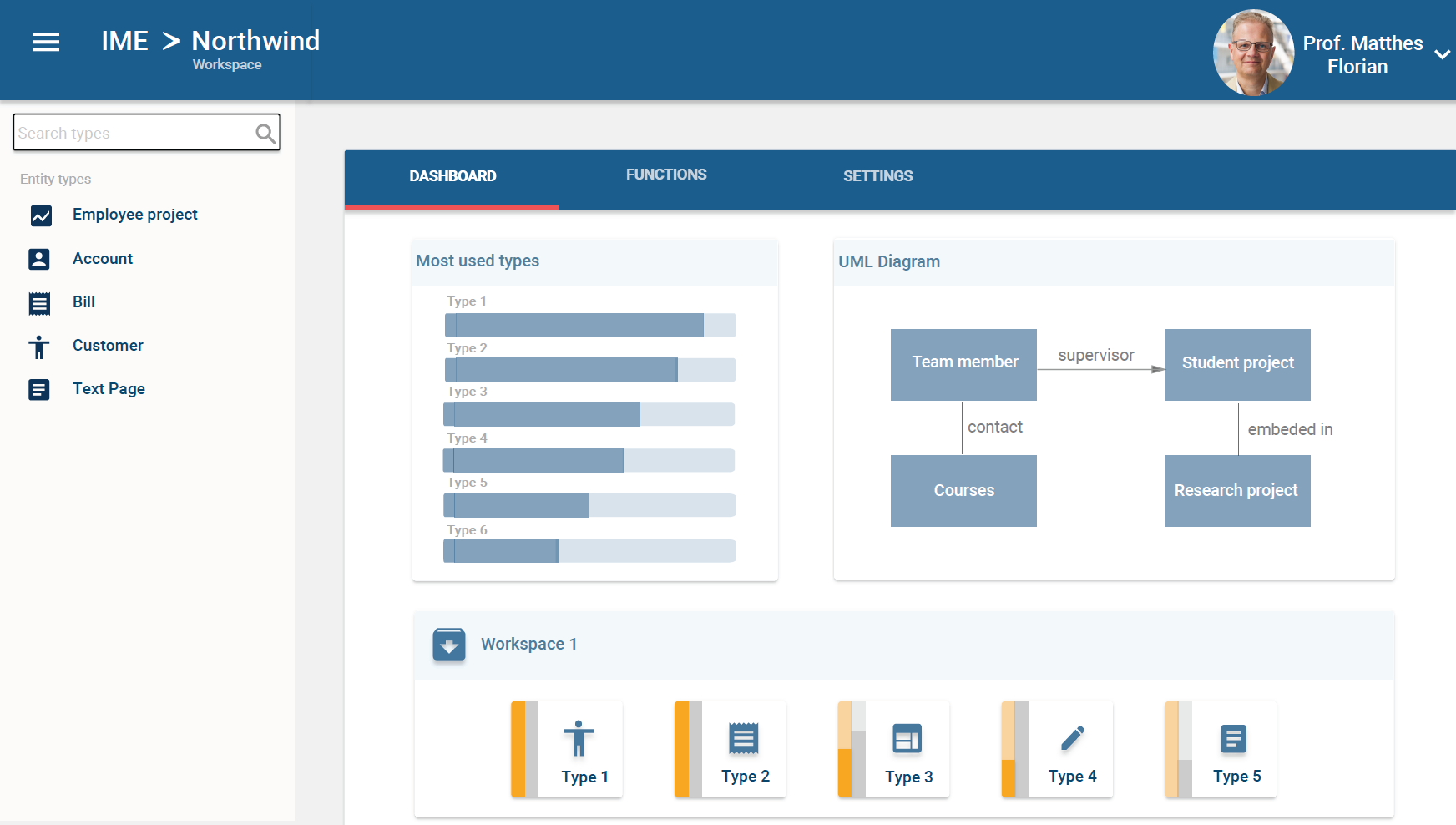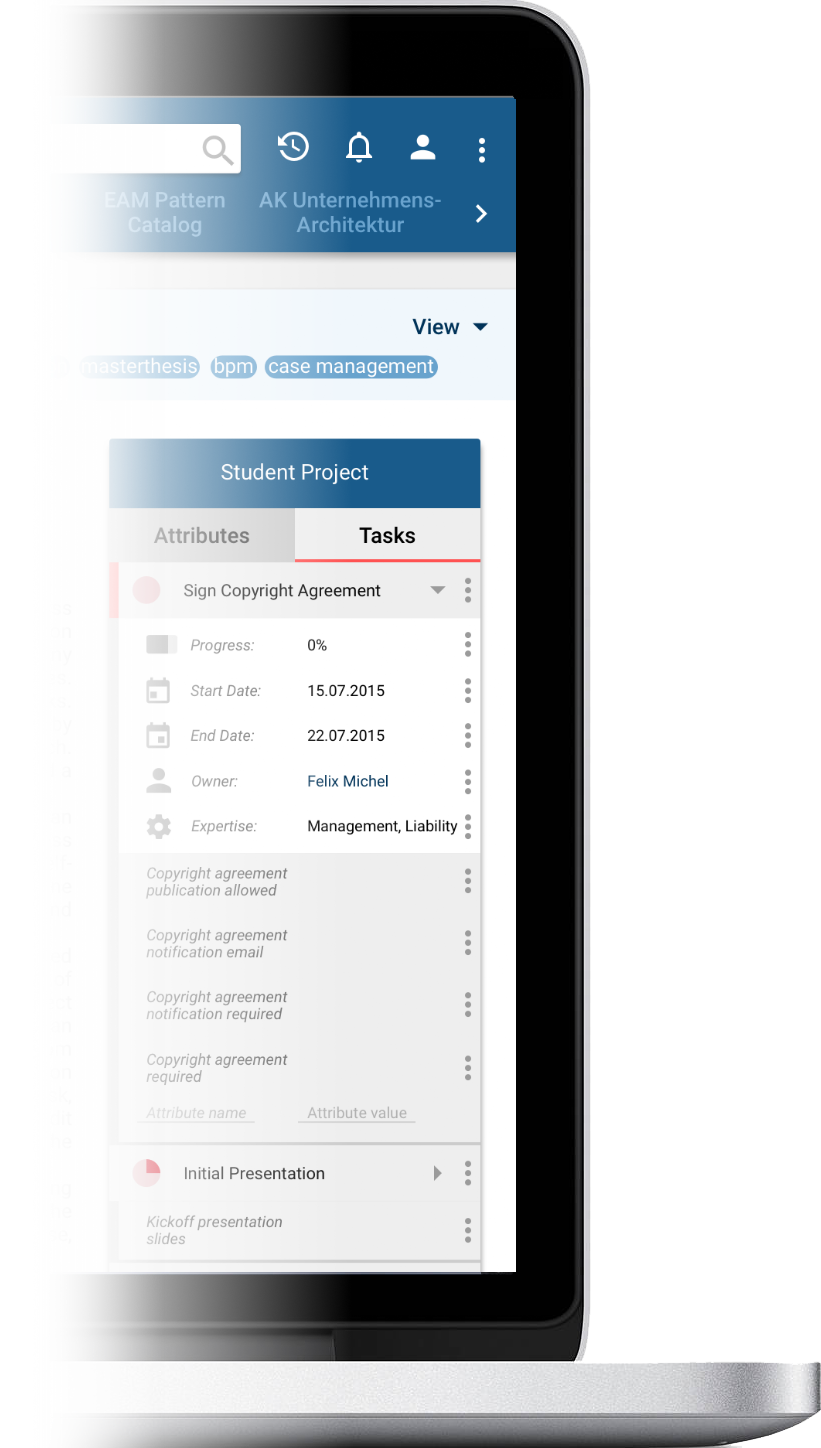
Why use SocioCortex?
SocioCortex is a great platform for both end-users and developers. Tailor-made social information apps allow end-users to collaborate more effectively . App developers can build custom apps faster using the rich REST-API of the SocioCortex platform.
Proven Solution
SocioCortex and its predecessors were applied in many social information management use cases for more than 10 years.
Comprehensive Features
The SocioCortex Server combines proven solution patterns and features from our experiences in social information management applications.
Start Right Away
SocioCortex already comes with a set of ready-to-use web clients for content management, model management, and visual data analytics.
Many Extension Points
Developers can extend the SocioCortex platform on different levels, e.g., to provide customized visualizations, or to integrate custom data sources.
Open Source
The whole SocioCortex platform is OpenSource including the SocioCortex Server and the SocioCortex Generic Client Suite.
Fast Growing Community
More and more companies start using SocioCortex for social information management, e.g., in the domain of Enterprise Architecture Management.
